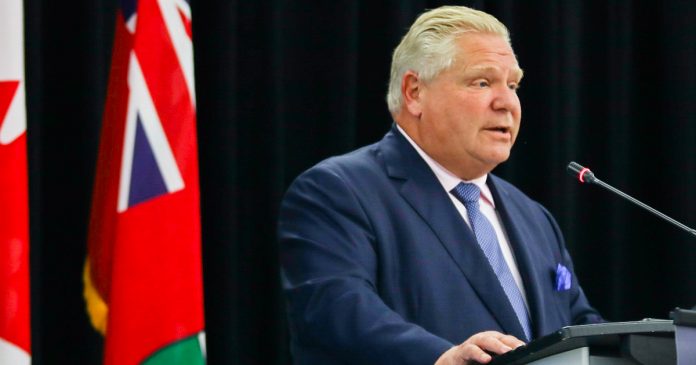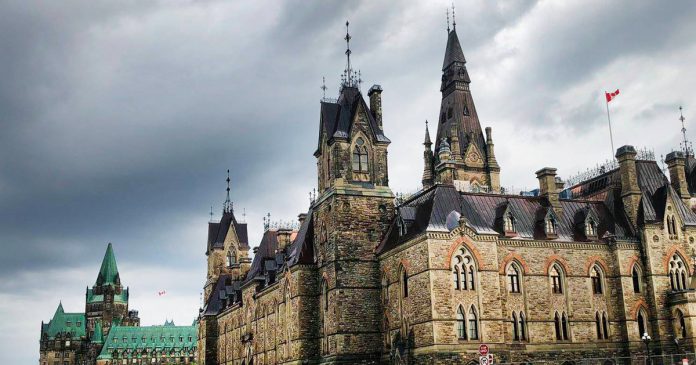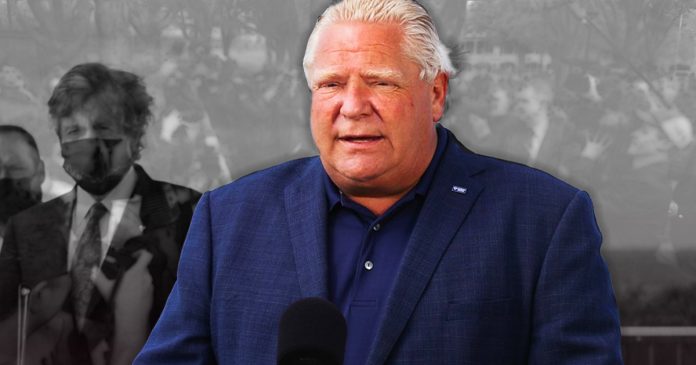The Vancouver-based internet freedom advocacy group Open Media is slamming the Liberal government for hiding the results of a consultation on its proposed plan to regulate online content from the public.
According to Blacklock’s Reporter, Open Media Campaign Director Matthew Hatfield claimed that the vast amount of criticism the government received in the past few weeks is being held up behind a veil of secrecy.
“If our government won’t tell us what they’ve heard from us, how can we know if they’re listening?” said Hatfield.
“In a shocking move, our government has refused to publish the results of last month’s consultation on their proposed plan to censor and surveil the internet. Any legislation that could affect our online speech is among the most sensitive our government could propose, yet the government is keeping this crucial criticism on those proposed plans hidden from the public.”
According to Hatfield, Open Media members alone submitted 9,000 submissions against the proposal prior to the consultation period closing on September 25, 2021.
Among the groups which also submitted counter-arguments to the plan include the Independent Press Gallery of Canada (IPG), University of Toronto’s Citizen Lab and a number of other organizations dedicated to civil liberties and free speech online.
“The IPG opposes the proposal and expresses a serious concern to the harmful effects on freedom of expression and principles of law that will ensue if the government moves forward with the proposal. We expect that the government will take our criticisms into account and will cease its pursuit of the proposal in its current form,” IPG President and True North Founder Candice Malcolm wrote.
Although the federal government has not published the results of its consultation, Heritage Minister Steven Guilbeault’s office has confirmed that it did not receive any messages of support for the law.
Other critics of the proposed law, including federal judges and human rights advocates have separately labelled the plan “incoherent” and “unconstitutional.”



























